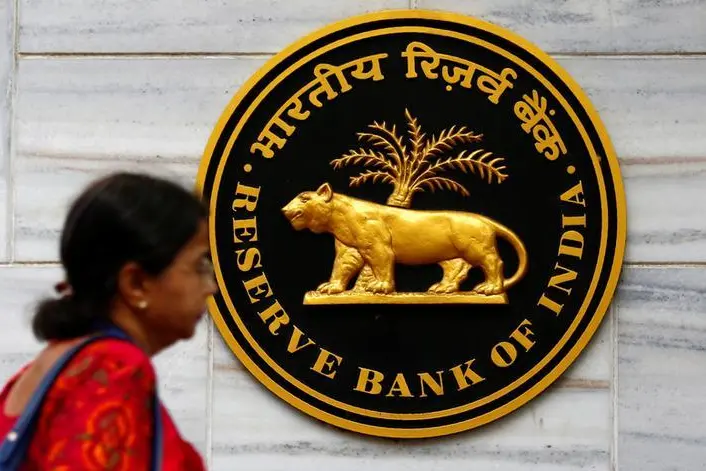PHOTO
The RBI stated in its latest annual report that it added 8.46 metric tonnes of gold to its stock of holdings during the financial year 2017-18 ended 30 June, expanding gold reserves to 566.23 metric tonnes of the precious metal, compared to 557.77 metric tonnes in the previous year.
“Diversification of India's Foreign Currency Assets continued during the year [FY2017-18] with attention being ascribed to risk management, including cyber security risk,” the report said, adding that the “the gold portfolio has also been activated.”
The central bank did not disclose where it purchased the gold nor did it name the purpose behind the purchases.
"The addition of gold to RBI's forex reserves is probably a diversification of assets for their deployment, keeping in mind both the build-up of reserves in 2017 as well as the evolving global risks, including market volatility and rising policy rates in the US,” Axis Bank senior India economist Saugata Bhattacharya told the Economic Times.
Over the past nine years, the RBI gold stock reserves stabilised at 17.9 million troy ounce, according to the newspaper.
However, data submitted to the IMF revealed that the bank has been adding to its stock since December 2017, totalling to 18.20 million troy ounce in the end of June.
The last time the RBI purchased gold was in November 2009, when it added 200 metric tonnes from the International Monetary Fund (IMF) within the framework of its limited gold sales programme to expand reserves.
The move heralded that the precious metal could be in demand a store of value, at the time when returns and capital values of fixed-income bonds are easing within an environment of interest rate hikes, according to the daily publication.
Moreover, the yellow metal appeared as a safe haven asset amid global trade uncertainties and volatile markets.
All Rights Reserved - Mubasher Info © 2005 - 2018 Provided by SyndiGate Media Inc. (Syndigate.info).





















